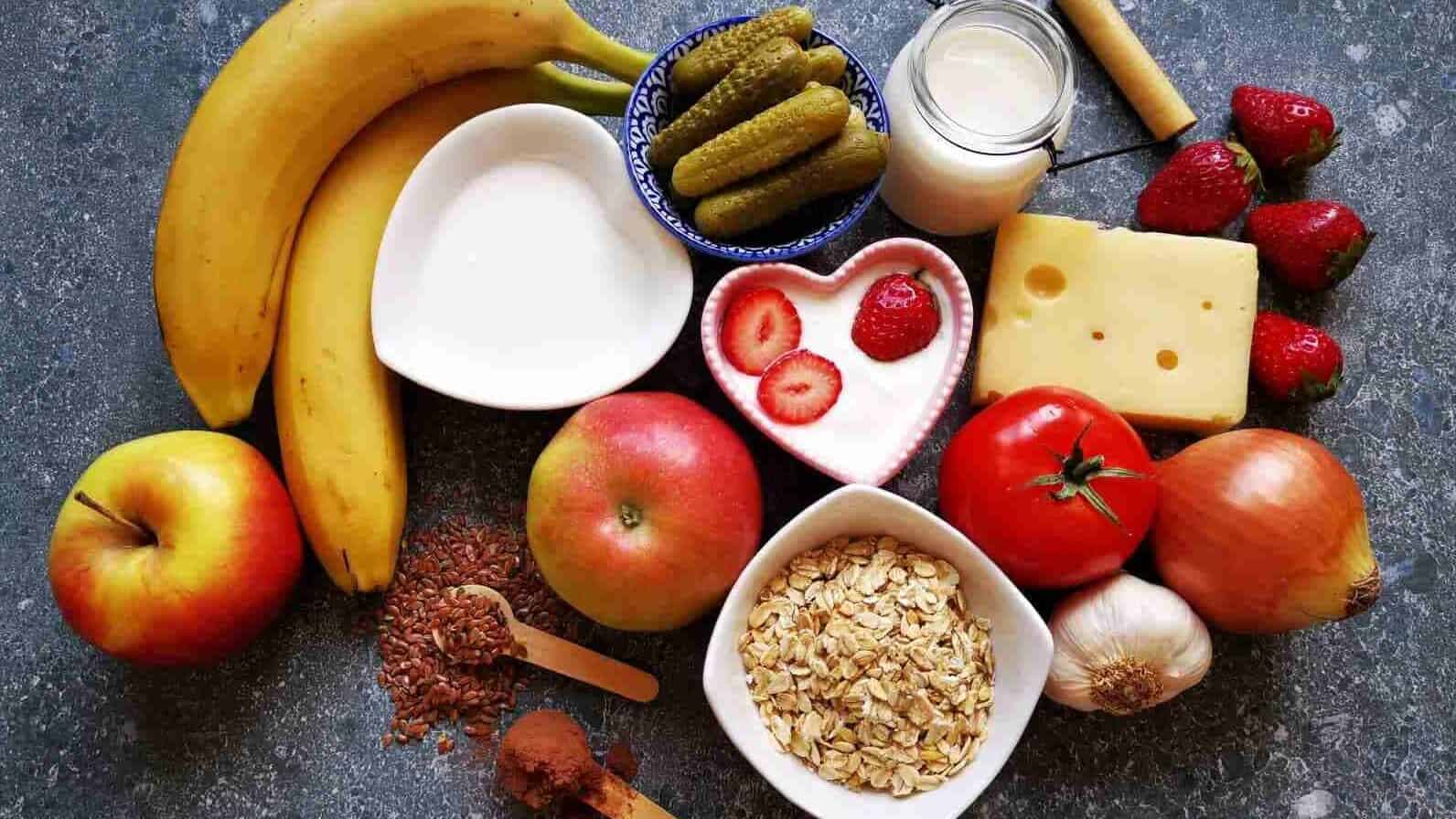Eat These 12 Foods Instead of a Probiotic to Support Your Gut Health
Probiotics are all the rage these days. You can find these beneficial live bacteria in capsules, powders, and fermented foods. Probiotics help populate our gut with good bacteria to support digestion and overall health. But, gut health is more than just probiotics. You need plenty of prebiotic foods to help support a healthy gut.
Many everyday foods act as prebiotics, feeding the existing good bacteria in your gut. A diet rich in these prebiotic foods can improve digestion, strengthen your immune system, and provide other health benefits.
What Are Probiotics and Prebiotics?
Probiotics are live bacteria that can be consumed in food or supplement form and can contribute to the beneficial bacteria in your gut. Prebiotics are indigestible fibers that can be found in fiber-rich carbohydrates and are what feed the beneficial bacteria in the gut. While both of these nutrients can be found in popularized supplement form, they are also easy to consume through diet.
Keep reading to find out which 12 different foods are rich in probiotics and prebiotics to help support your gut health.
What is Fermentation?
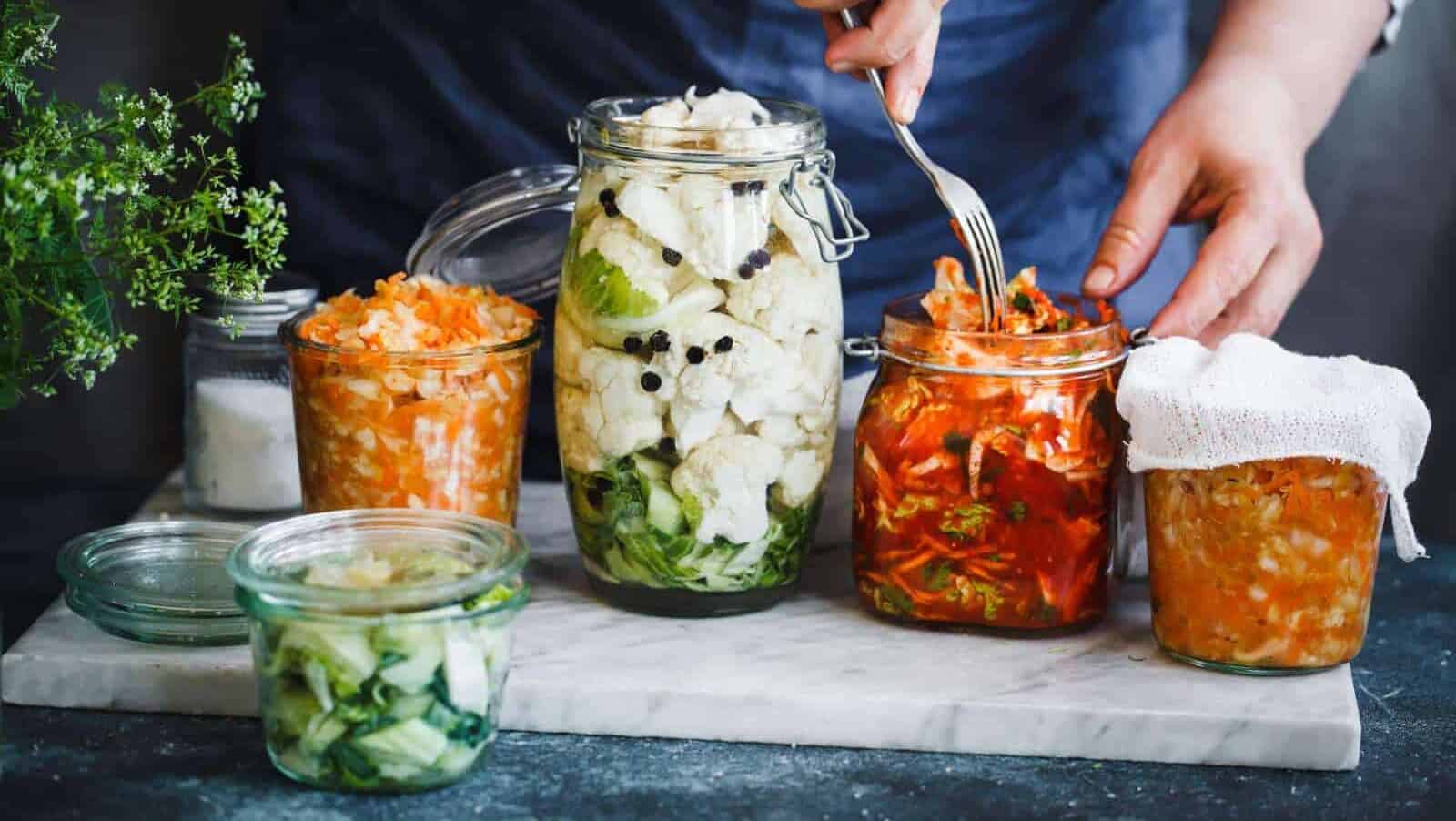
Fermentation, specifically lactic acid fermentation, is the process of natural or added bacteria cultures in an environment without much oxygen (like a sealed container) converting sugars from carbohydrates into lactic acid, giving foods a characteristic sour taste. Fermentation also occurs in alcohol products like beer, where yeast bacteria cultures create alcohol molecules.
Fermented Cabbage
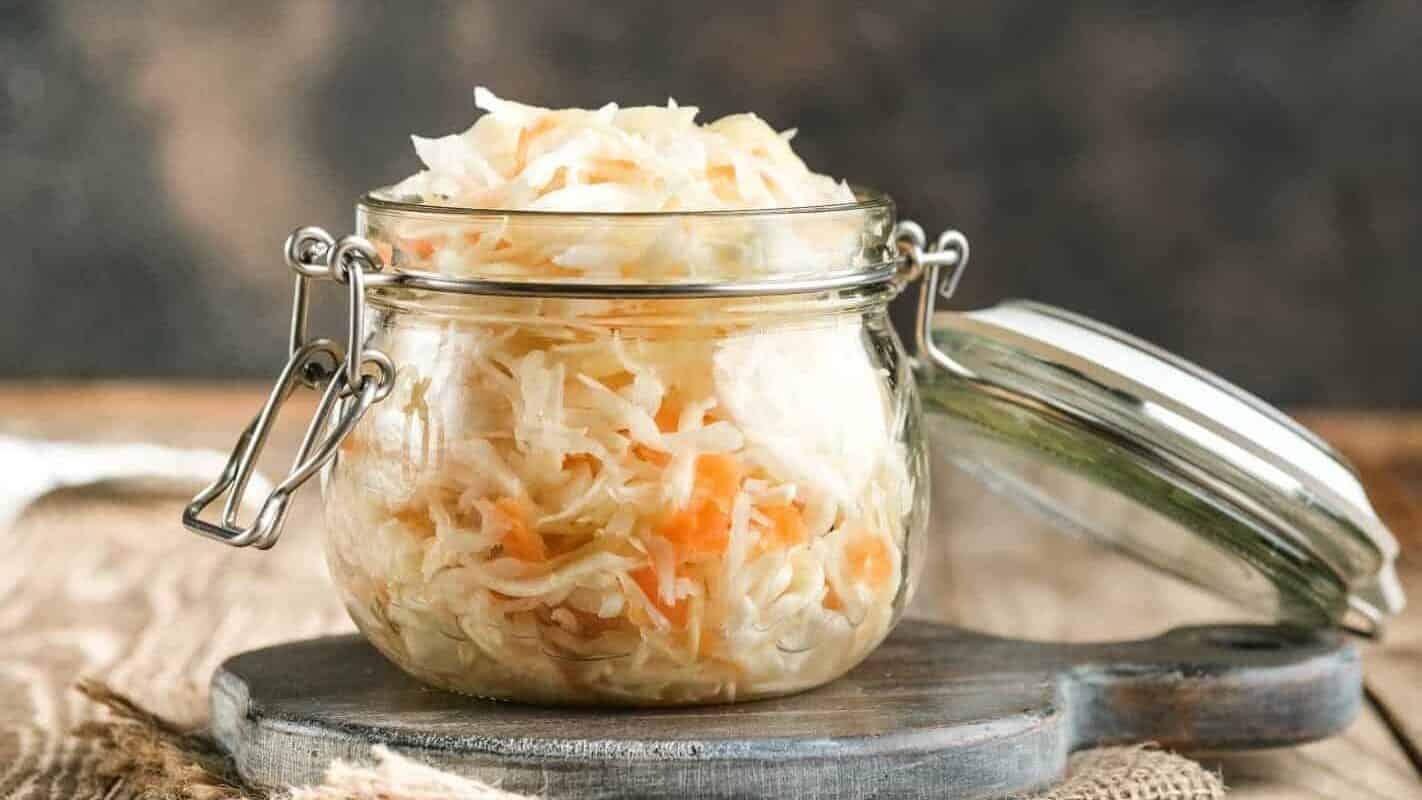
Cabbage is a commonly fermented vegetable in production of condiments such as kimchi and sauerkraut. Both have a characteristic tangy flavor and contain high amounts of beneficial bacteria. Kimchi originates from Korean culture where a variety of spices are added to cabbage, and may include other vegetables like daikon radish as well. Sauerkraut originates from German culture and is more simply seasoned in comparison. Both contain vitamins and minerals as well as fiber.
Kombucha
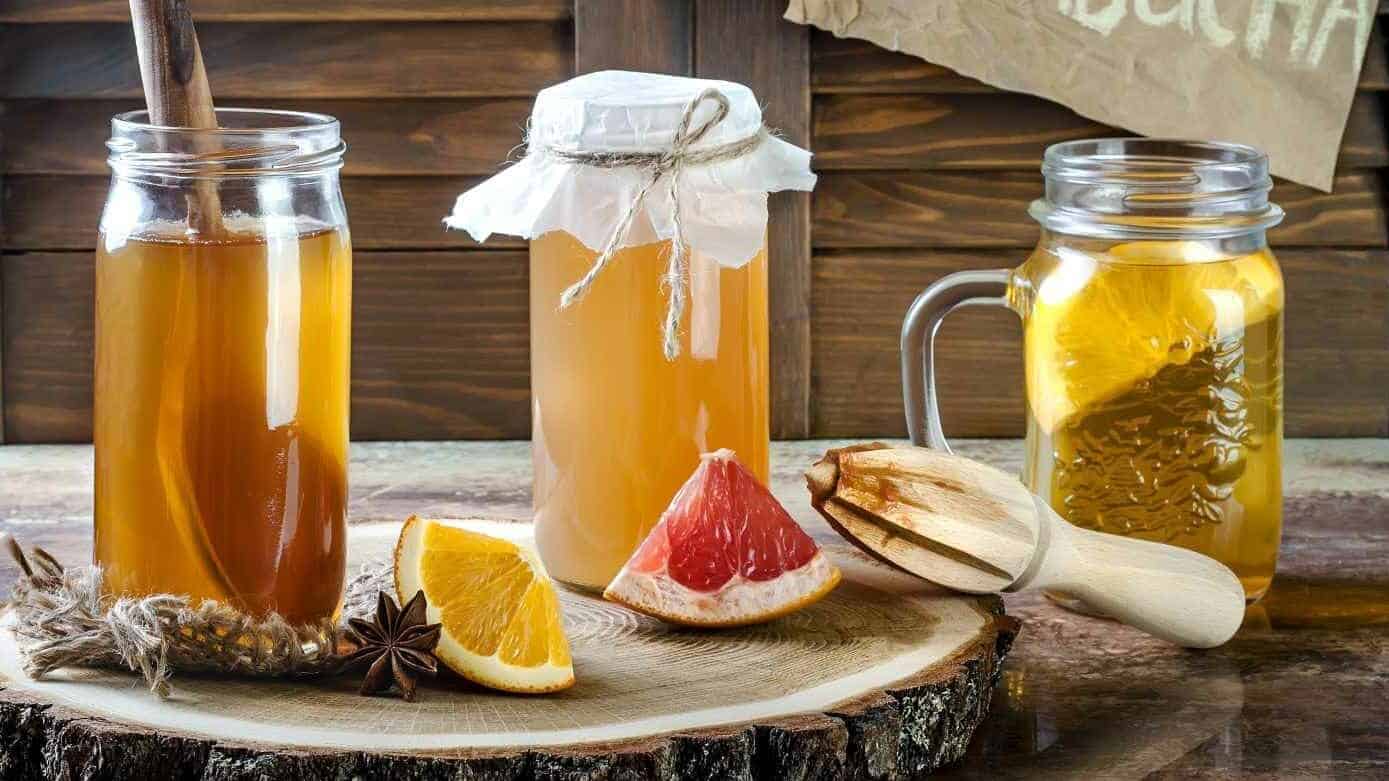
Kombucha is an increasingly popular beverage due to its probiotic health benefit claims. This drink is made from fermented black tea and often includes added sugar and flavorings. Without these additions, the beverage may taste too acidic for some consumers’ preferences. Consider looking at the nutrition labels the next time you shop for kombucha to see how much sugar is added.
Kefir
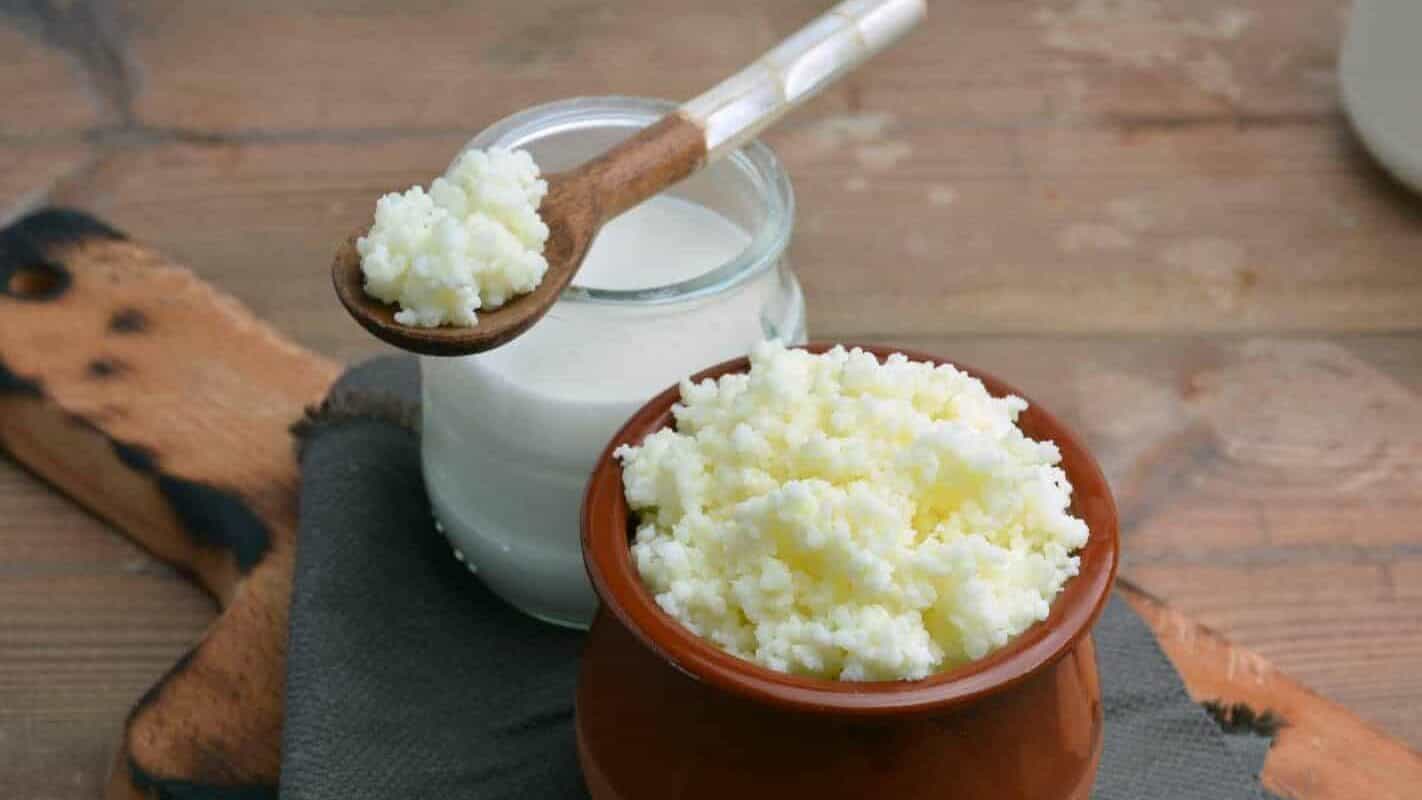
Kefir is a drinkable type of fermented dairy product that tastes similar to yogurt. Because it is fermented by adding bacterial cultures, this drink is a good source of probiotics.
Kimchi
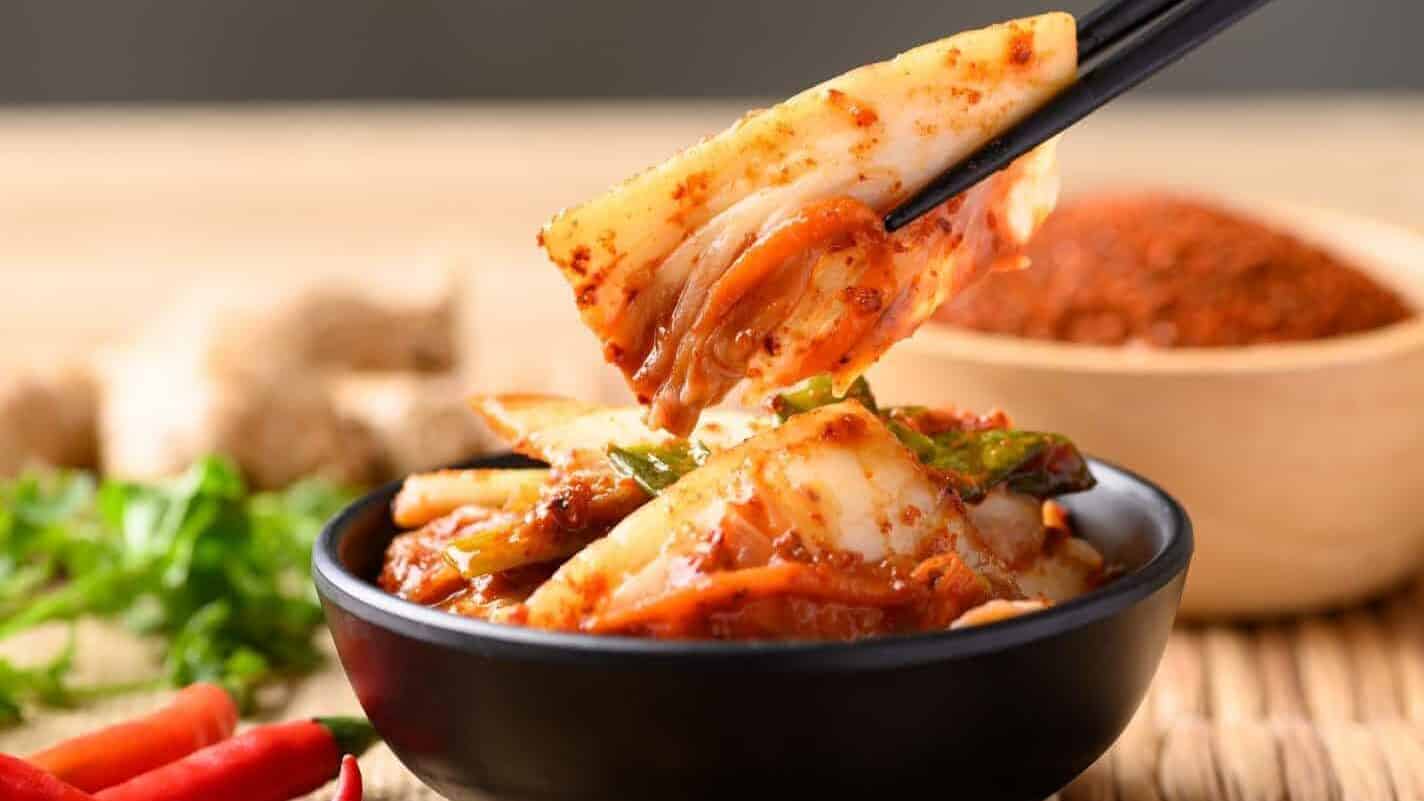
Kimchi is a fermented food, which means it’s teeming with beneficial bacteria like lactic acid bacteria. These probiotics are similar to the good bacteria naturally present in your gut microbiome, and consuming them may help improve the balance of gut bacteria.
Kimchi also contains fiber, which acts as a prebiotic. Prebiotics don’t directly populate your gut with good bacteria, but they serve as food for the existing good bacteria, helping them thrive.
Tempeh
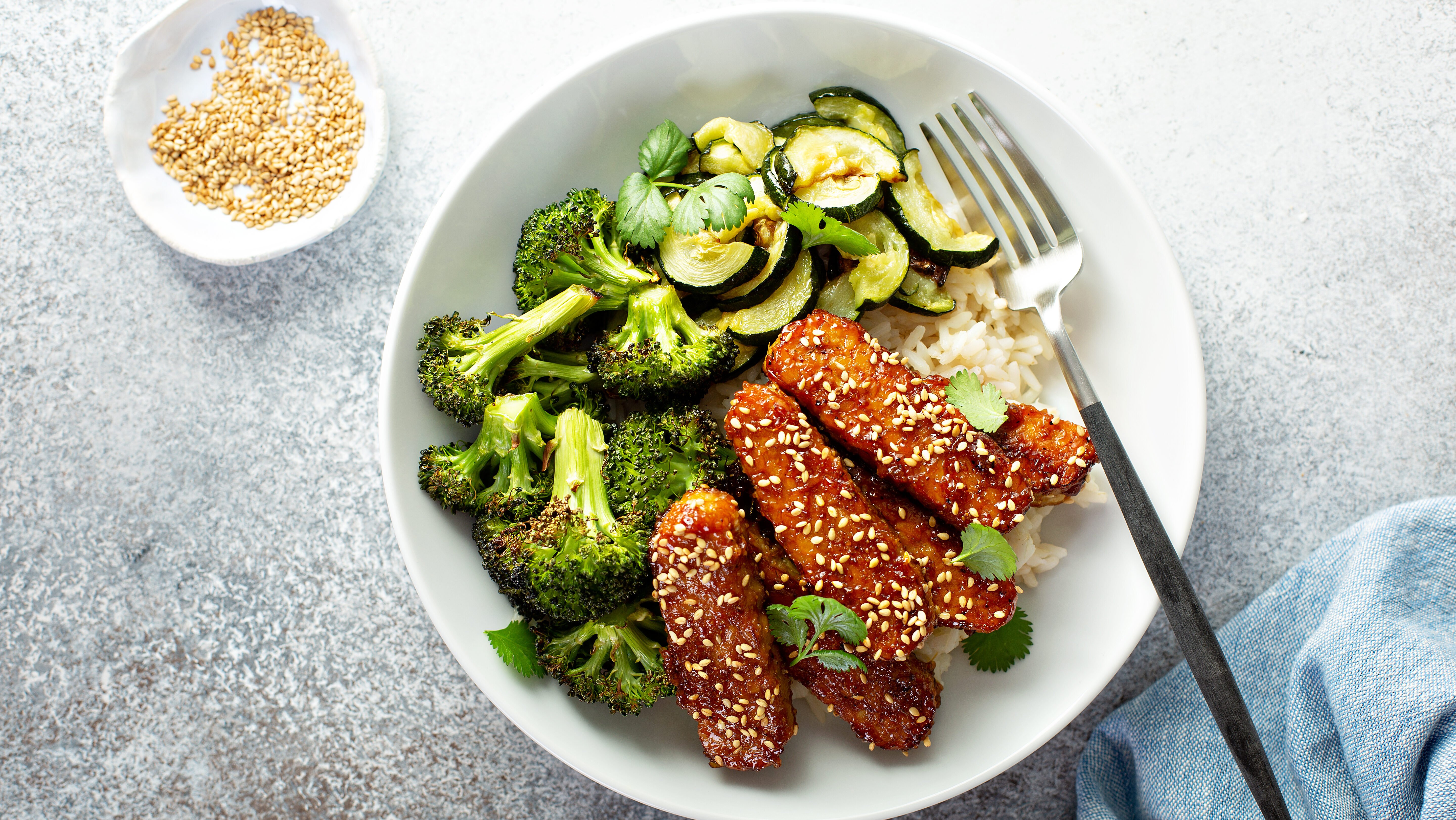
Tempeh is a popular plant based protein that is also made from fermented soy beans. It can be eaten and cooked similarly to firm tofu. Not only is it a good source of beneficial bacteria, but it is also high in fiber and protein.
Miso
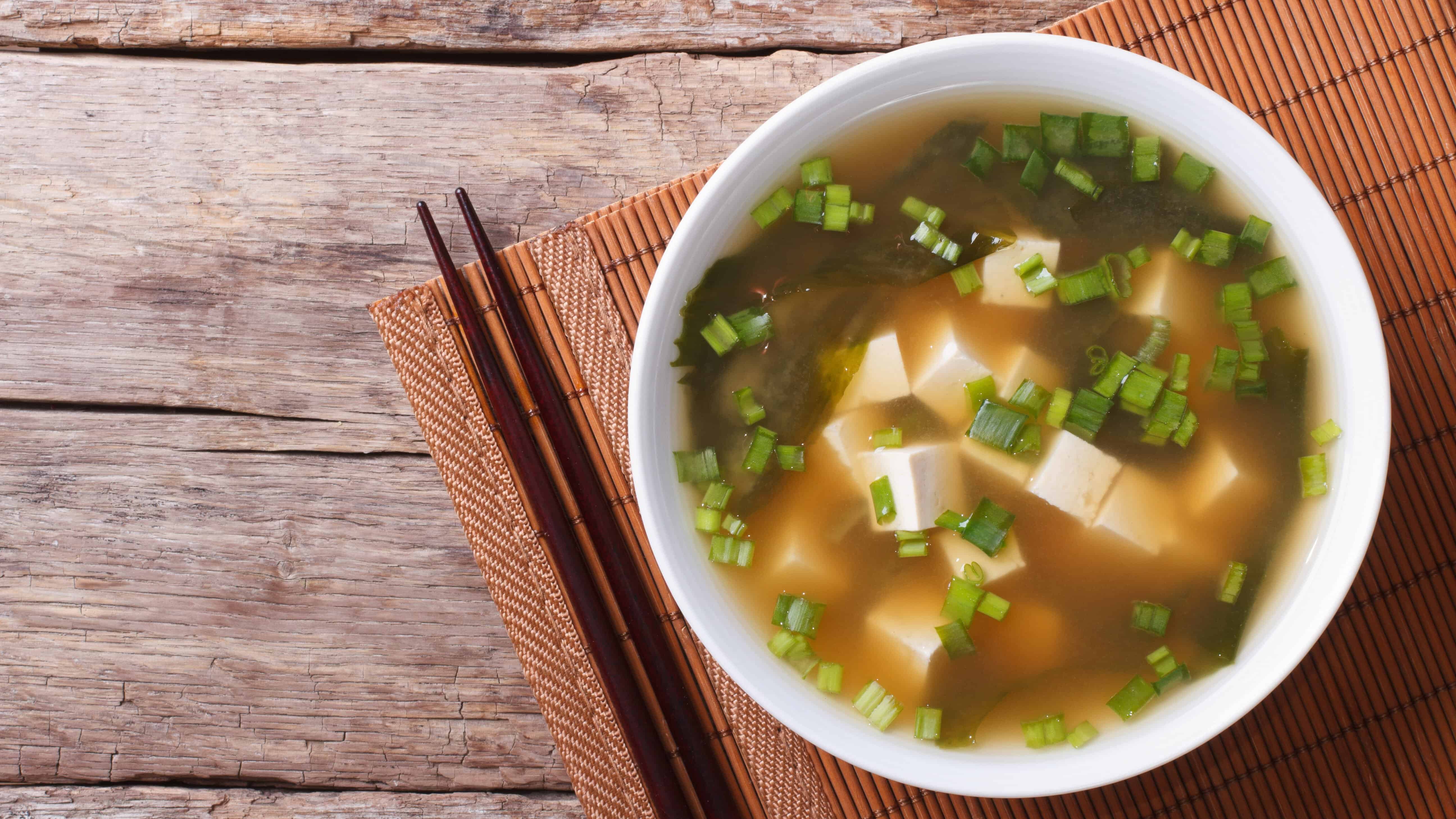
Miso is commonly found in a paste form, typically used as a seasoning, and is made from fermented soybeans. While it is rich in probiotics, it also can have a higher salt content. So be mindful of reading the nutrition label if you are watching your sodium intake.
Sourdough
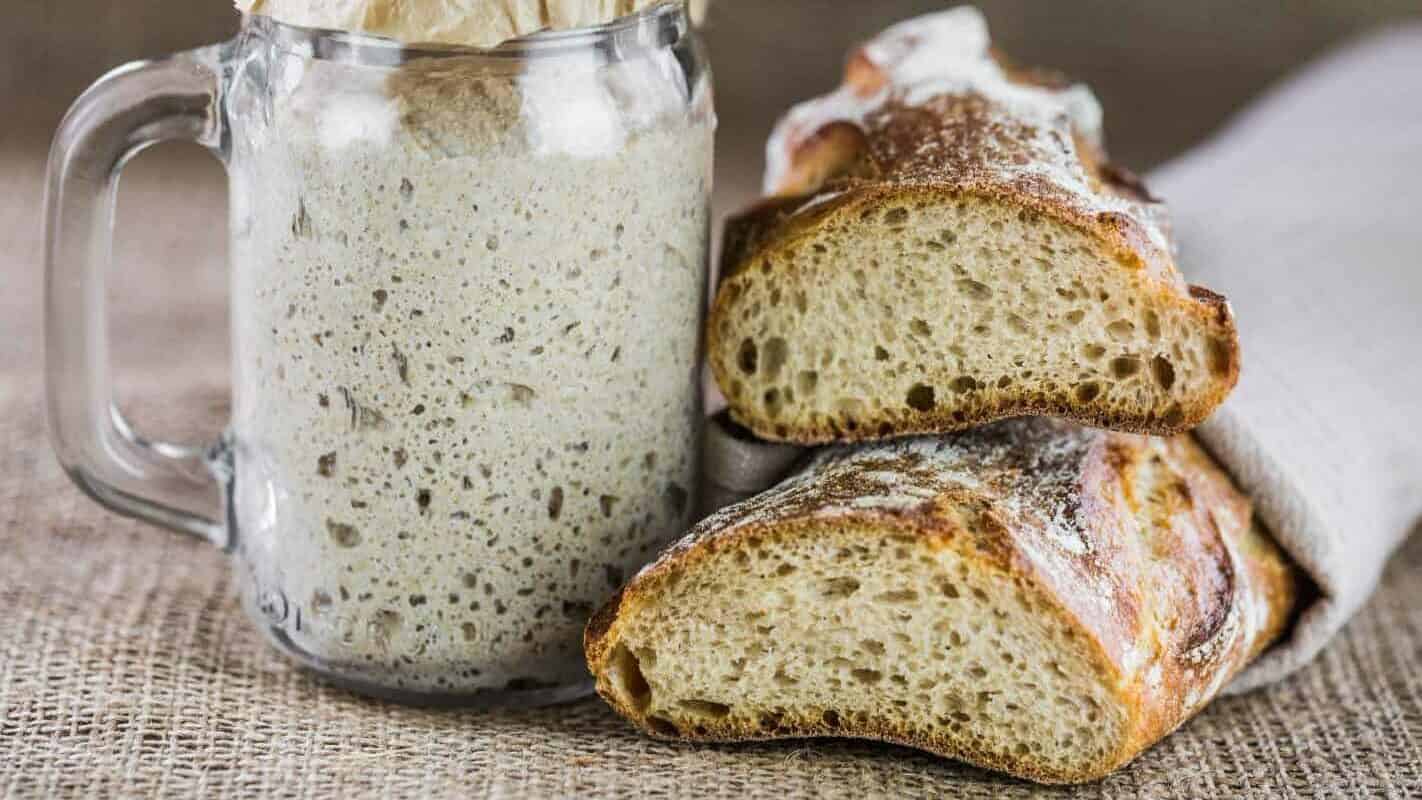
Sourdough, most commonly seen with sourdough bread, is made from adding yeast to wheat or other types of grain flours. The yeast culture breaks down the carbohydrates from the flour and produces lactic acid through fermentation, which gives sourdough bread its distinct tangy aroma and taste.
Flaxseeds
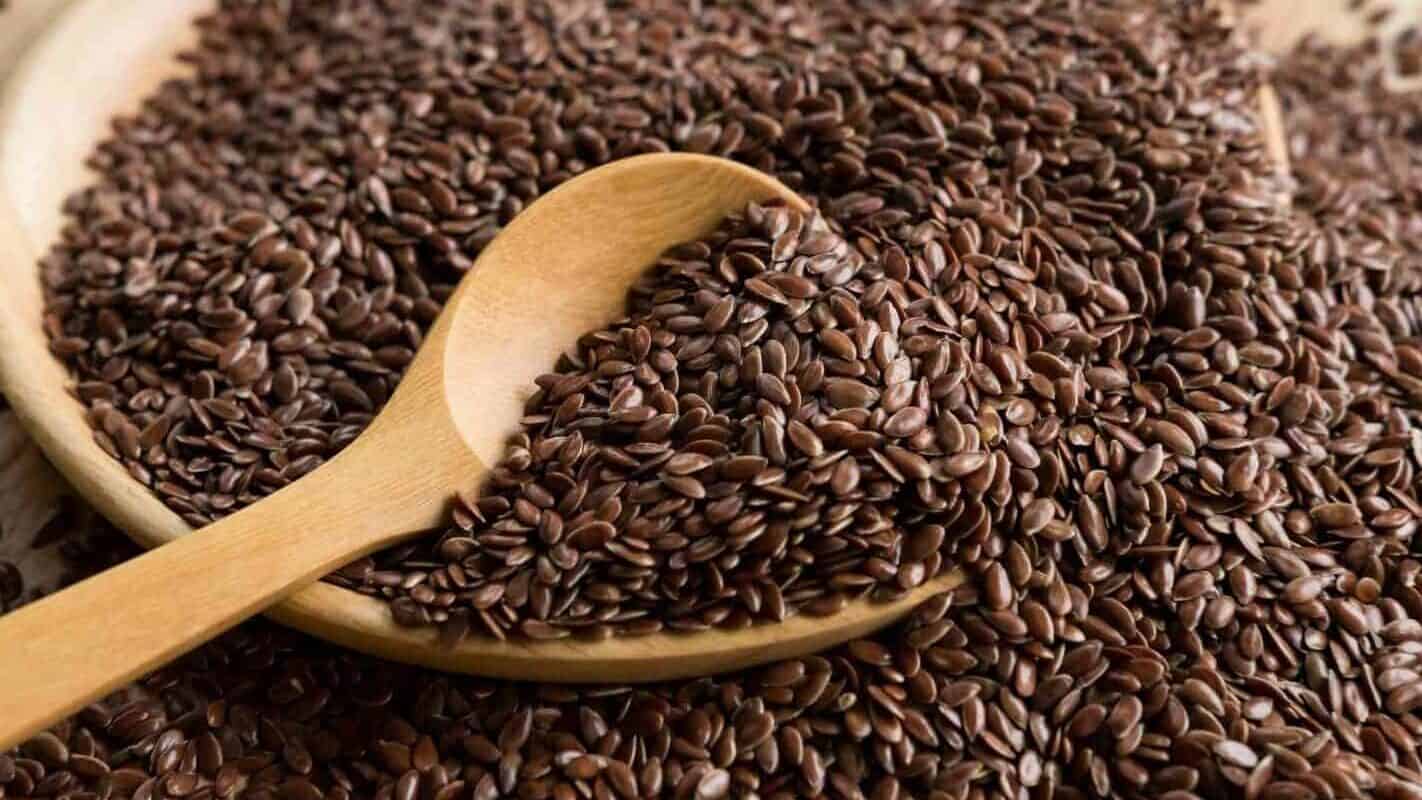
Flaxseeds are a good source of prebiotics due to the high fiber content. Flaxseeds can be found in ground or whole form and are a deliciously nutty addition to smoothies, granola, oatmeal, baking recipes, salads, and yogurt. Similar to chia seeds when mixed with a liquid, ground flaxseeds can act as a thickener, and can be used as a vegan egg replacement in baking.
Lentils
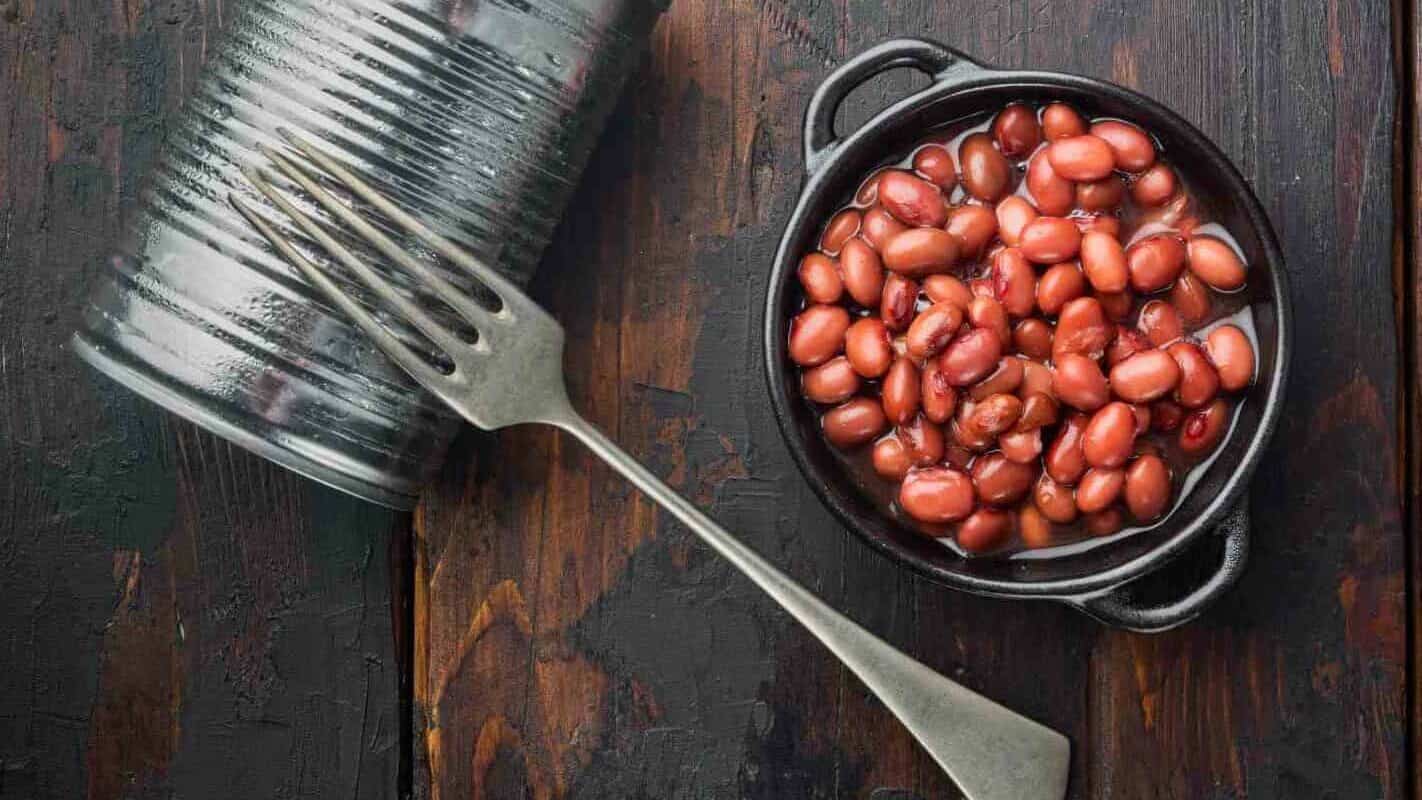
Lentils are a nutritious legume that is high in fiber, which helps to feed the gut bacteria. Lentils are also a great source of plant based protein and other beneficial nutrients. They can be found in dried or canned forms, and are a great addition to salads, soups, stews, pasta, veggie burgers and other recipes!
Oats
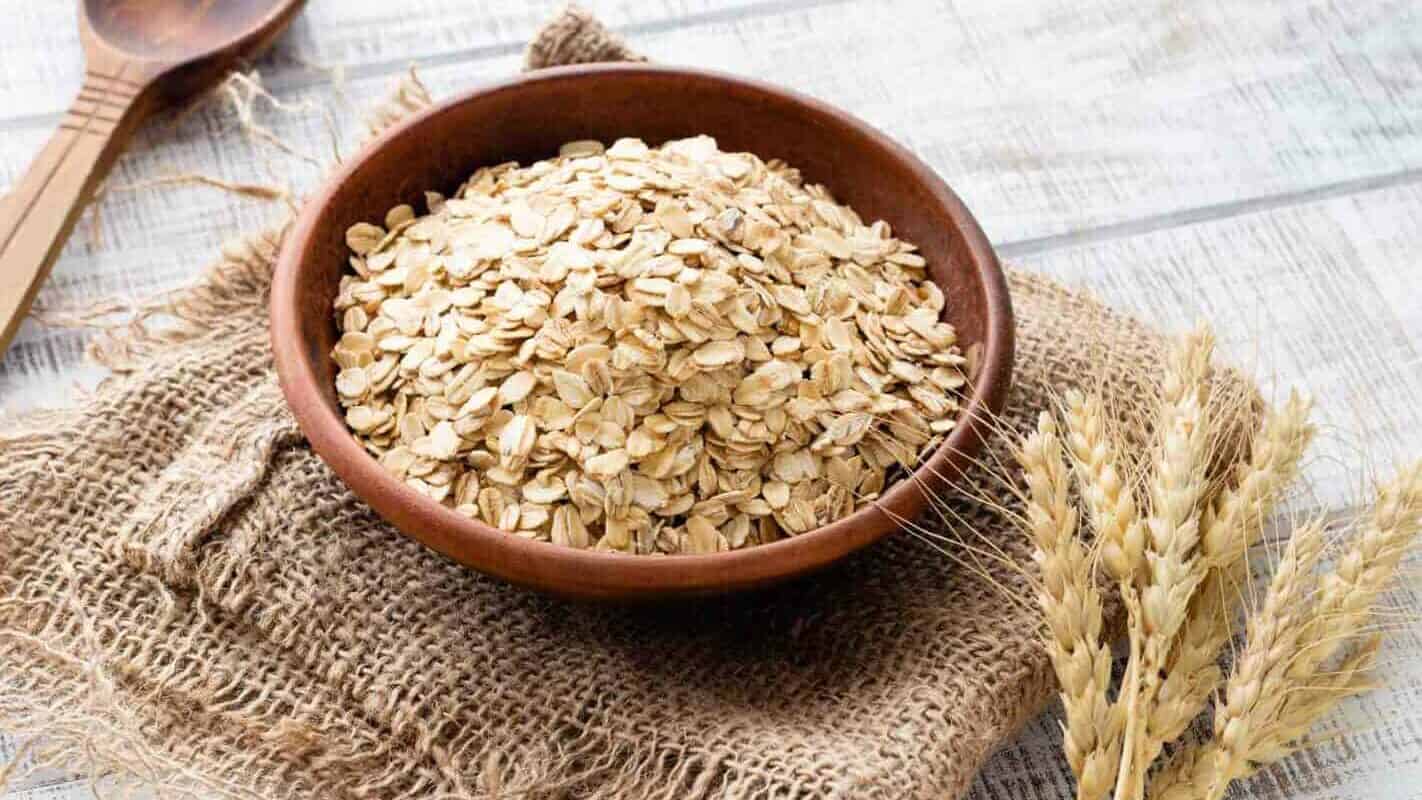
Oats are a whole grain and can be found as rolled/old fashioned oats, steel cut, and instant varieties. They are high in prebiotic fiber and help support a healthy gut microbiome.
Bananas
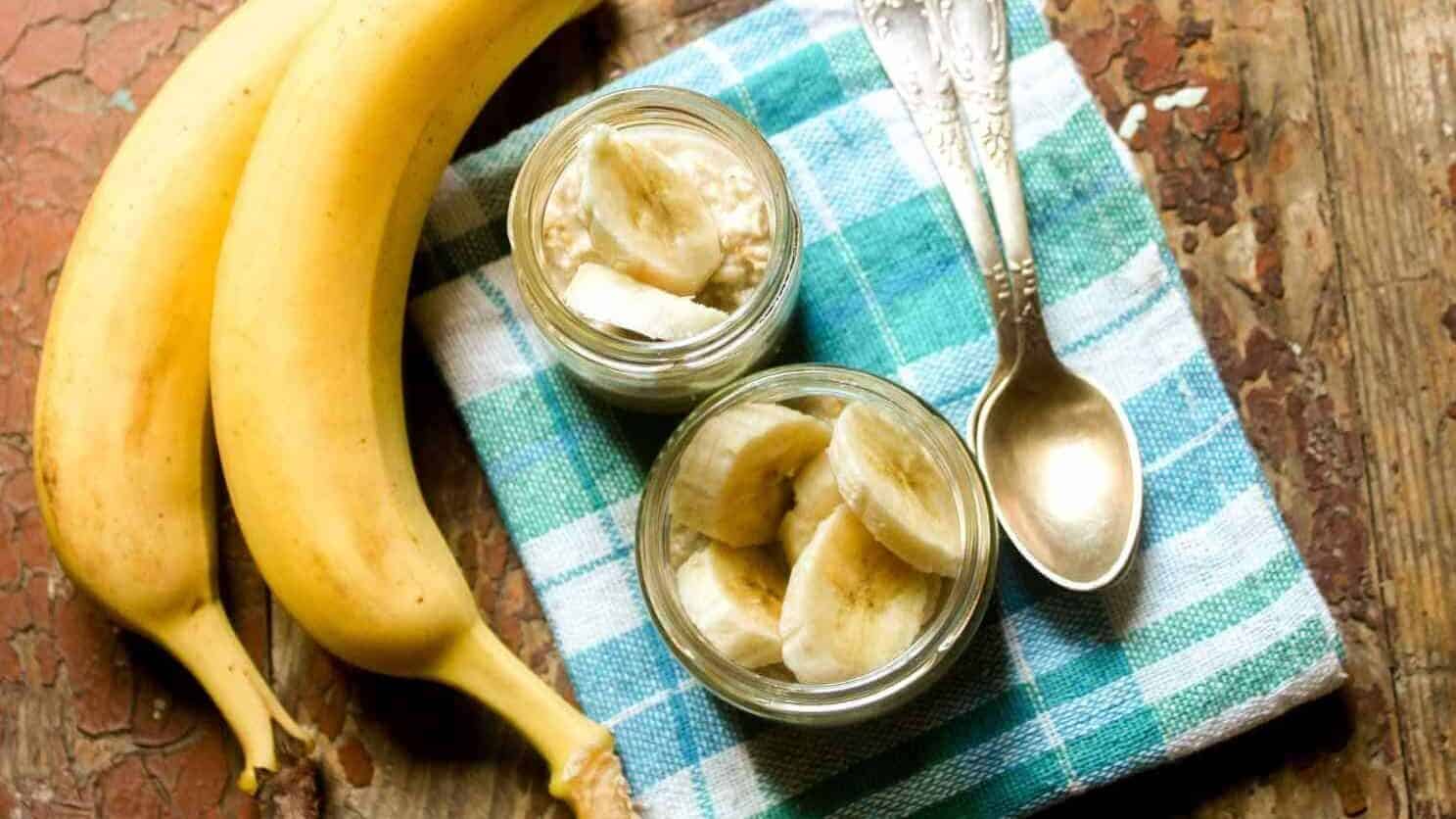
Bananas, aside from being a good source of potassium, also contain prebiotic fibers. The type of fiber, known as resistant starch, is highest in less ripe and green bananas. Look for bananas without brown spots formed yet.
Onions
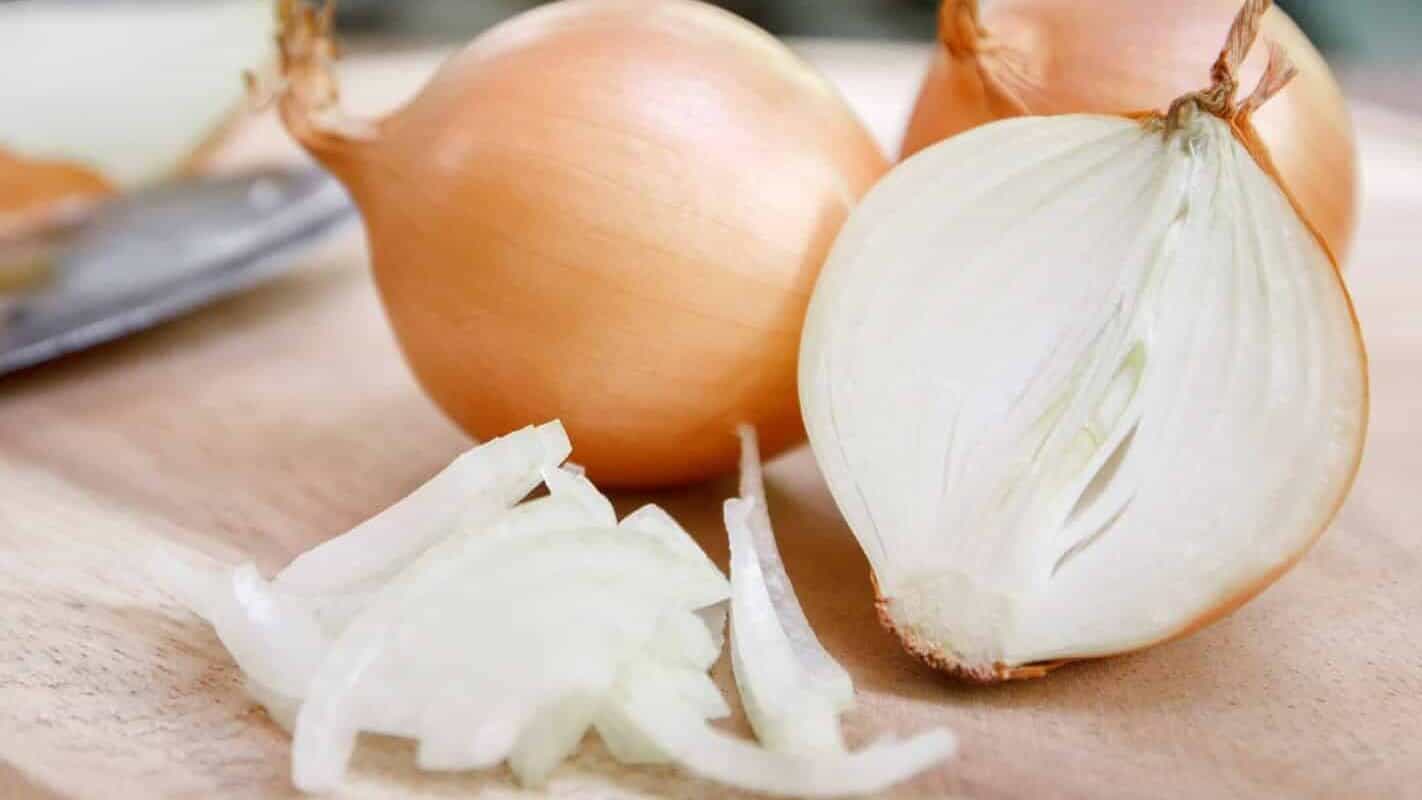
Onions are an aromatic vegetable high in inulin and fructooligosaccharides (FOS). Both of these nutrients are a good source of prebiotics to help support the gut bacteria.


